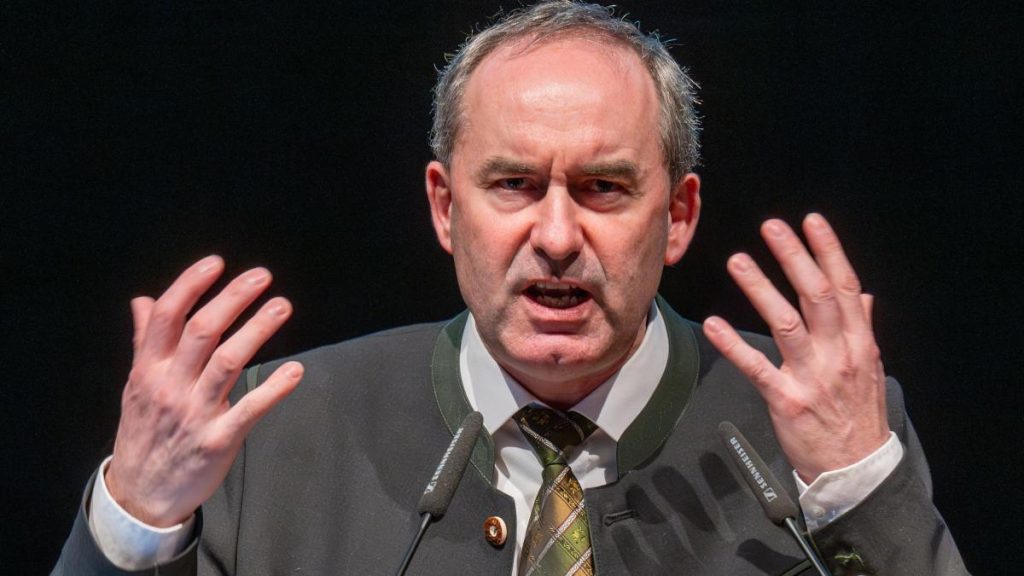In the latest Forsa survey, the Free Voters and the Left party are barely visible in voter preferences, while the FDP continues to poll below five percent. Despite their strong showing in the Bavarian state elections in October 2023, where they became the second-largest political force with 15.8 percent, the Free Voters are struggling to gain nationwide support. This is evident in the current RTL/ntv Trendbarometer from Forsa, where both the Free Voters and the Left party have lost enough support in the Sunday polls to fall below the threshold of detection, placing them among the “other parties” category at a combined 14 percent.
The FDP is also facing a crisis in the polls, as they have remained at four percent for the third consecutive week, which would mean they would fail to pass the five percent hurdle required to re-enter the Bundestag. They are currently behind the Sahra Wagenknecht alliance, which remains steady at five percent. The other major parties have not seen any changes from the previous week, with the CDU/CSU at 31 percent, the AfD at 17 percent, the SPD at 16 percent, and the Greens at 13 percent.
In other recent polls from different institutes, the Union has polled between 29 and 34 percent, the AfD between 16 and 20 percent, the SPD between 15 and 17 percent, the Greens between 13 and 15 percent, and the BSW between five and seven percent. The FDP has ranged between four and five percent, while the Left party was at three percent, and all other parties together (including the Free Voters) ranged between six and nine percent. In terms of chancellor preference, Olaf Scholz gained a point in the Forsa survey, with 19 percent favoring him in a scenario against Friedrich Merz and Robert Habeck, while 22 percent would choose Merz and 17 percent would choose Habeck. In a scenario against Merz and Annalena Baerbock, Scholz would receive 22 percent of the vote, with 25 percent for Merz and 16 percent for Baerbock.
The data was collected by Forsa on behalf of RTL Deutschland from March 26th to 28th, with a sample of 1508 participants and a statistical margin of error of +/- 2.5 percentage points. The Free Voters and the Left party continue to struggle to gain traction in national polling, while the FDP’s decline below five percent raises concerns about their ability to re-enter the Bundestag. The other major parties have remained relatively stable in their support levels, with the CDU/CSU leading the pack at 31 percent. The chancellor preference data shows some shifting preferences among voters, with Olaf Scholz gaining ground in the latest survey.















